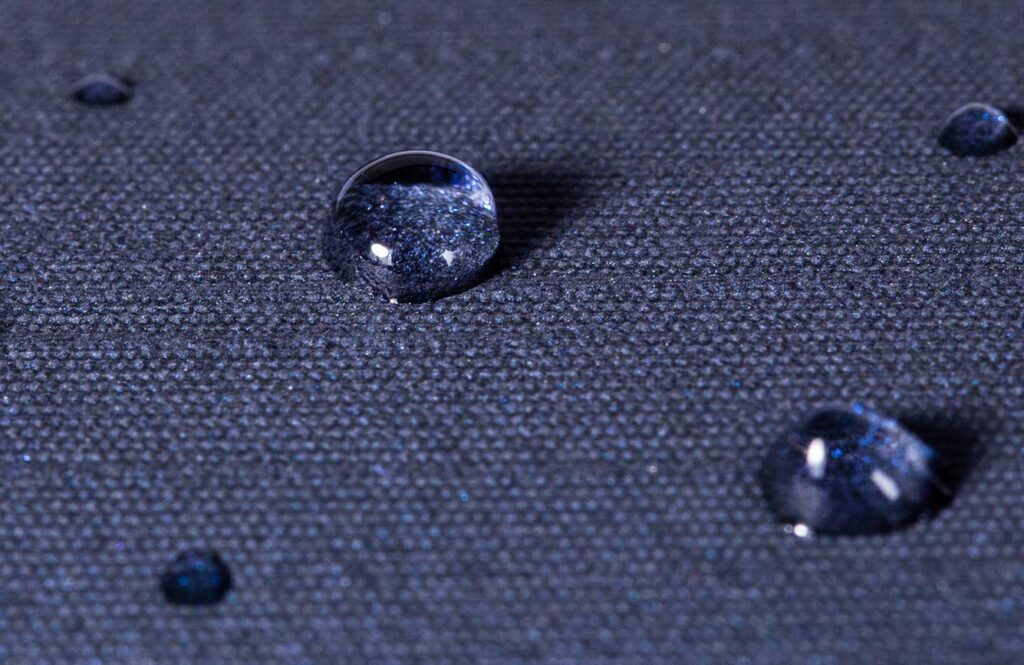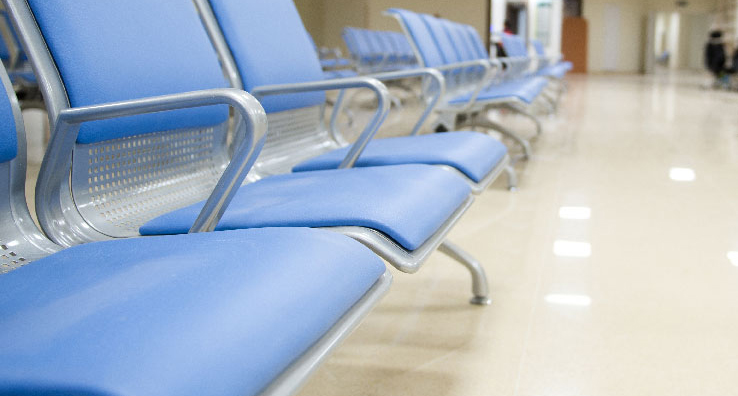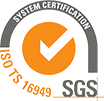Ambla Protects
Ambla contains active ingredients which protect against the growth and spread of mould and mildew. This is not surface treatment and therefore Ambla retains its effectiveness after regular cleaning.
Ambla is ideal for environments where hygiene and cleanliness are important. Ambla is manufactured in the UK to the highest quality standards. Ambla is the perfect choice for healthcare, hospitality, education, gyms, cars and vans, public transport and marine.
- Nominal Width 1370mm
- Ambla Lite 1450mm nominal

Technical information
Quality
Ambla fabrics meets the following specification:
- BS 5790
- ISO 7617 Anex D
Ambla fabrics will also achieve 1,000,000 Martindale rubs.
General Care
All Ambla vinyl is designed to be easy clean. The best way to keep Ambla looking as good as the day it was installed is to regularly clean it with a mild soapy water solution. Use in conjunction with a soft brush or microfibre cloth.
Contamination with oils, fats, inks or dyes should be avoided and should be removed immediately with mild soapy water. Uniroyal Global will not accept liability for dye transfer from clothing
Flame Retardancy
Ambla fabrics are flame retardant and conform to the following test methods:
- BS 7176:2007 + A1:2011 Medium Hazard
- BS EN 1021-1:2006 (smouldering cigarette)
- BS EN 1021-2:2006 (match flame equivalent)
- BS 5852:2006 Clause 11, Ignition Source 5
- FAR/JAR Part 25:App. F part 1 (Vertical Test) / EASA CS.25.853
- IMO Resolution MSC 307(88) (2010 FTP Code : Annex 1:Part 8
Ambla Lite (domestic) fabrics conform to:
- The furniture and furnishing (Fire) (Safety) Regulations 1988
- Schedule 4 Part 1 (based on BS 5852: 979 Part 1)
- Schedule 5 Part 1 (based on BS 5852:1979 Part 1)
Cleaning & Maintenance instructions
Ambla fabric protects against C. difficile, MRSA , E. coli and Covid-19. Ambla is an antimicrobial vinyl.
As a direct response to the challenge of infection control all production of Ambla contains an antimicrobial agent.
This is incorporated in to the vinyl formulation itself at the production stage. It is not a surface treatment and therefore retains its effectiveness after regular cleaning. Amongst other benefits it resists the development of mould and mildew and helps prevent musty or stale odours.
Ambla is tested on a regular basis to ensure the antimicrobial additive remains effective.
Ambla containing the antimicrobial agent is effective against the spread of MRSA, E.coli and other harmful bacteria on its surface.
Clostridium difficile can not multiply on Ambla surfaces under normal aerobic conditions.
Biocide Active Ingredient
Part Numbers: EAP1XXXX, EAP2XXXX, EAP7XXXX The antimicrobial active ingredient in these products is TRICLOSAN (CAS No. 3380-34-5)
Part Numbers: EAP6XXXX on Works Orders code WXXXXX until manufacturing date 20 May 18. The antimicrobial active ingredients in these products are FOLPET (CAS NO. 133-07-3) and ZINC PYRITHIONE (CAS NO. 13463-41-7)
EXCEPT Part Number: EAP60366 Works Order: W96292 The antimicrobial active ingredients in this product are FOLPET (CAS NO. 133-07-3) and THIABENDAZOL (CAS NO. 148-79-8)
EAP6XXXX on new Works Order Numbers CFXXXX from manufacturing date Monday 21 May 18 the antimicrobial on all Ambla Contract ranges have been changed. The antimicrobial active ingredients in these products are FOLPET (CAS NO. 133-07-3) and THIABENDAZOL (CAS NO. 148-79-8).
Infection Control in Healthcare Environments
The increase in MRSA infections and the issue of hygiene and cleanliness in hospitals has been widely discussed in the media.
The complex problem of infection control is a focus of attention for specialised health care professionals. Cleaning routines are designed to prevent the spread of MRSA, E. coli and other bacteria which can occur through direct and indirect contact. In the case of direct contact, personal hygiene is a very important factor. MRSA and other harmful bacteria can also be spread indirectly through contact with infected surfaces. In this respect the choice and care of furnishing fabrics in the hospital environment have important roles to play.
Vinyl coated fabrics are commonly used on furniture in hospitals. A key characteristic of vinyl surfaces, as opposed to most fabrics, is that they are hydrophobic. They do not absorb water, they do not retain dampness and they can be completely dried after washing. Research has confirmed that the viability of MRSA bacteria is greatly reduced in dry environments. Ambla fabrics will also kill Covid-19.




